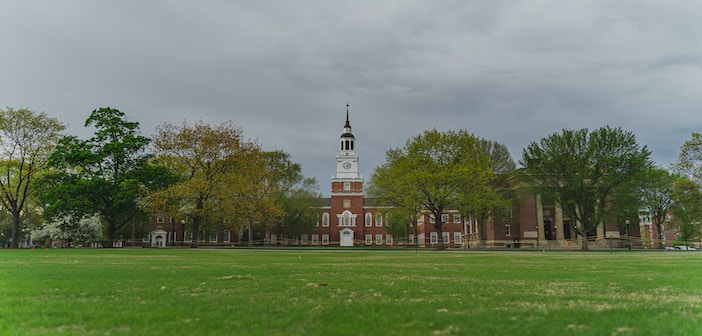June. Friday. Last day of high school junior year. By the gates, there will be stressed students who almost grew out of adolescence but is not yet an adult. They will pass a busy summer specked with infinitesimal moments of fun. The heat waves will carry a certain restlessness: one year into IB, a few months after AP, a half term of A-levels, and five months until the college application deadline.
This summer, I am that student.
I attend the Beijing City International School (BCIS) and intend to study in the United States, with a focus on small private universities and liberal arts colleges.
I will be a creative writing major with a minor in communications and media. I love the arts and journalism and everything in between. in classic post-covid fashion, I am going to visit schools with my dearest dad.

Why visit schools?
Usually, we are advised against squandering summer break on visiting abroad when there are more productive options, such as extracurriculars, research projects, community service, internships, and online courses. Should students ever leave their house, it is for relaxing and socializing, not some ‘major weirdo behavior’ like getting five vaccines at a foreign embassy in three weeks to hop on a ten-hour plane destined for exclusive private institutions that might reject you anyway. Well, I disagree. And here is why:
Most schools have official websites, zoom information sessions, and virtual tours, but it is difficult to feel the unfiltered, undecorated ground of an educational experience without actually experiencing it. Think of universities and liberal arts colleges in the US as companies. We are customers. Our tuition is income and profit. International students are a variation of VIP members since we pay more than domestic students. For popular companies, VIP membership is limited and competitive, so the number of international students is low and ever-decreasing.

Now, what are virtual events? Understanding the basic mechanism of business, they are advertisements.
Advertisements only show the best snippets of a product, not the whole picture. For example, do you like a campus, or is it too far from the nearest airport? Do you like the people, the humor, the culture, the food, or is it a stretch?
Do you like the residential hall, or is it too antique, too modern? If you are considering an elite institution, are the students socially and academically competitive or collaborative?
Most importantly, no matter what 19th-century poet founded the board, what Nobel prize winner built the gate, and what president graduated from the most exclusive Greek life association, do you feel, in your heart, body, and soul, that you will be happy, living and learning here for the next four years?
None of these questions can be answered unless you visit the campus in real life, observe how students get on with life, and ask how professors and alumnus deal with life.
Don’t visit EVERY school:
Yet, I digress. Not all universities require visiting. Some great schools are great virtually, too. Think carefully: Do you really need to visit Harvard and Yale? They are the crown jewel of American education, but if you know their reputation and essence, be a researcher, not a tourist.
Do you really need to visit Barnard? It’s a lovely building within Columbia University, so work smarter, not harder.
Do you really need to visit the University of California series, from UCE to UCLA? They are larger than life, offer 300 people classes, and form a public state school association. So, let’s be honest, they really don’t care whether you care about them.

That begs the question, what kinds of schools are worth visiting?
The answer is, small, private universities and liberal arts colleges that value demonstrated interest, a term that counselors love. It basically means a student must show he or she is interested in the school and did the homework by connecting with students, alumni, and professors and visiting in person.
Also, visit schools you are unsure of, like the ones tucked in the middle of nowhere, the ones hyped up by politicians and historians but lost a little of their glory, and the ones with small, tight-knit communities that might or might not exclude you…you get the gist.
I selected an array of safety, mid-range, and reach schools for me, but everyone’s schools list should be different!
My school list:
Little ivy leagues: Williams College, Amherst College, Pomona College
Women’s colleges: Scripps College, Smith College, Wellesley College, Mount Holyoke College
Ivy Leagues: Brown University, Dartmouth University
Liberal arts colleges: Middlebury College, Bates College, Hamilton College, Kenyon College
Private universities: Tufts University, Chapman University
Have a fabulous summer break! I’m excited to take you along my journey!

Images: Pexels




